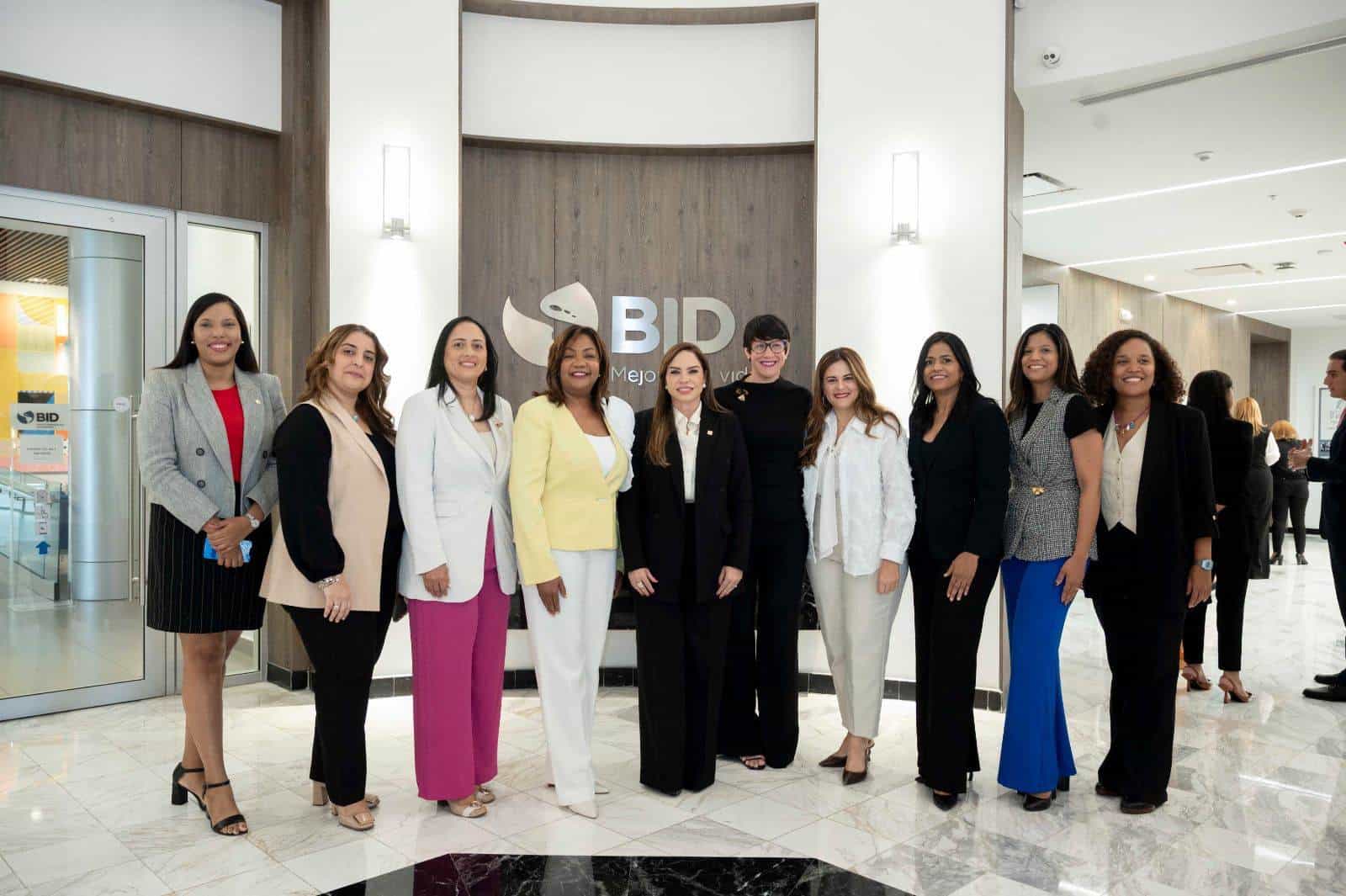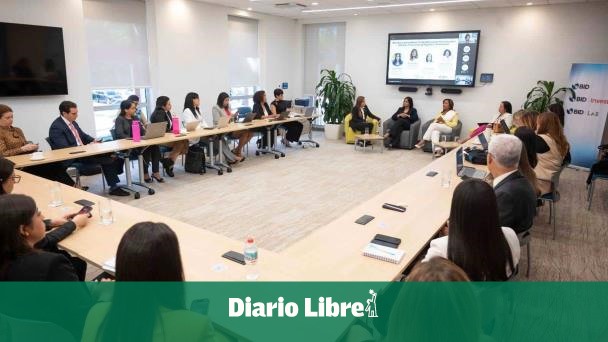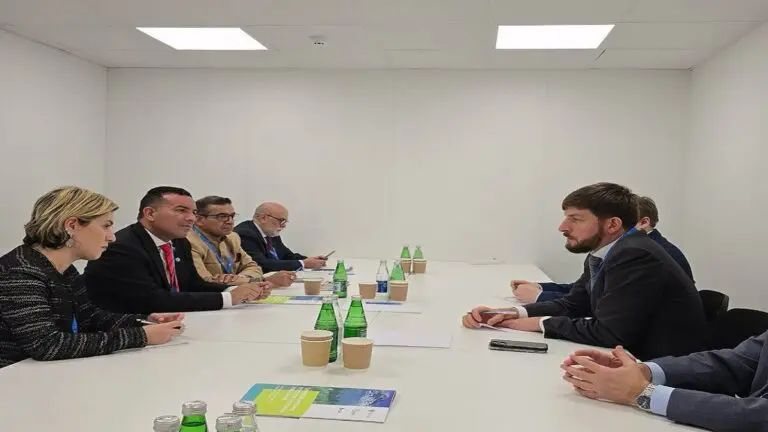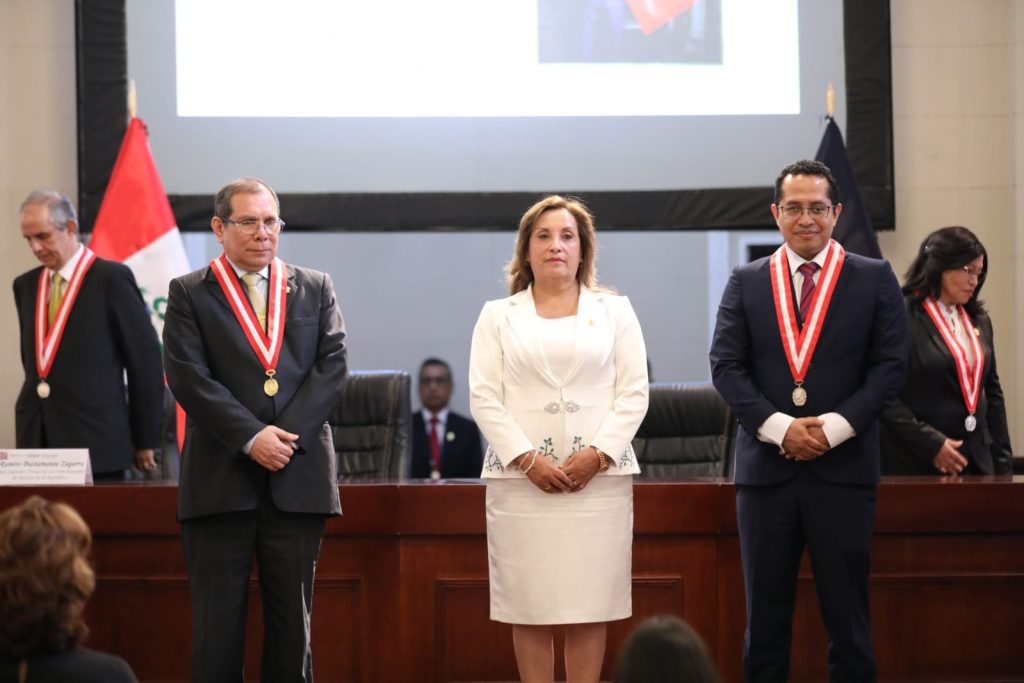The Association of Banks Multiples from the Dominican Republic (ABA) and IDB Invest led a panel with representatives of women’s business organizations, which made it possible to share guidelines to follow in the process of implementation in the country of the Code for the Financing of Women Entrepreneurs (We Finance Code).
The “Meeting of women businesswomen with financial institutions to address barriers in access to services financial“promoted the understanding of the challenges faced by women in their businesses and undertakings, in addition to serving as a boost to the commitment assumed by financial entities to promote a more inclusive and equitable environment.
“This kind of dialogue is essential for transform access to services financial and to ensure that the women businesswomen receive the support that they need to progress. Today we have heard powerful stories that highlight not only the challenges, but also the opportunities we can create by working together,” said Linda Valette, vice president of Strategic Business Programs at the Reserve Bank and who was responsible for moderating.

He panelheld at the offices of the Inter-American Development Bank Group (IDB) in Santo Domingo, was made up of Amarilys Durán, from the Federation of Dominican International Business Women (FEM); Verónica Núñez, of the Association National Association of Business, Executive and Professional Women (Anmepro).
In addition, Julissa Jiménez, representative of the Association Dominican Association of Business Women, as well as Hilene Galán Laureano, of the Association Andalusian Association of Businesswomen in the Environmental Sector (Ansemac) and the Forum of Businesswomen and Professionals of Córdoba (FEPC).
The activity is part of a series of workshops which bring together the banks participating in the We Finance Code, as well as the main institutions that support the development of the initiative, including the Central Bank, the Superintendency of Banksthe Ministry of Industry, Commerce and MSMEs and the Ministry of Women. Together, they make up Working Group 3, which includes managers and administrators of units in charge of SMEs, explained the ABA and IDB Invest in a press release.
We Finance Code for technical support
They specified that the We Finance Code provides support technical to improve data quality and help institutions develop products more effective for businesswomenbased on the true needs of this segment. Through collaboration between financial institutions and associations of womenwe seek to develop policies and practices that eliminate barriers that face the businesswomen in access to credit and other services financial.
At the end of her turn, Verónica Núñez, from Anmepro, highlighted the need to create products financial more inclusive, that adapt to the realities of the women entrepreneurs, and highlighted that many times current conditions do not reflect the needs of this segment. “The women They are not just figures; have unique stories and needs that must be considered when designing products financial“he stated.
The education financial represents a fundamental condition to overcome the barriers of access, pointed out Amarilys Durán, from the FEM, who in this regard commented that many women They lack the information necessary to make appropriate decisions about their businesses. “It is vital that training programs are implemented that not only teach about finances, but also build confidence in the business skills of women“he added.
Hilene Galán, representative of Ansemac and FEPC, emphasized the importance of mentoring and the support technical. “The women entrepreneurs need not only financingbut also constant support that helps them navigate the complex business world. The mentoring can make the difference between success and failure,” said Laureano.
“It is essential that financial institutions work closely with associations of women to offer this type of support“he insisted.
Along the same lines, Julissa Jiménez, from ADME, highlighted the value of accompaniment to help businesswomen to overcome the challenges, because many of them face a hostile environment, which is why it is necessary to foster a climate of trust and support.
“We need the financial institutions listen and understand our stories, and personalize their services to meet our needs,” he said.
The panelists, like the representatives of the convening institutions, agreed that it is necessary to establish alliances strategic between financial institutions and associations of women businesswomen to improve access and quality of services offered.















